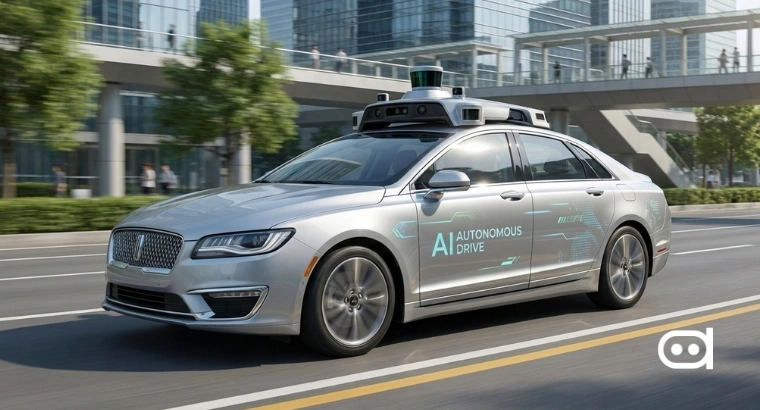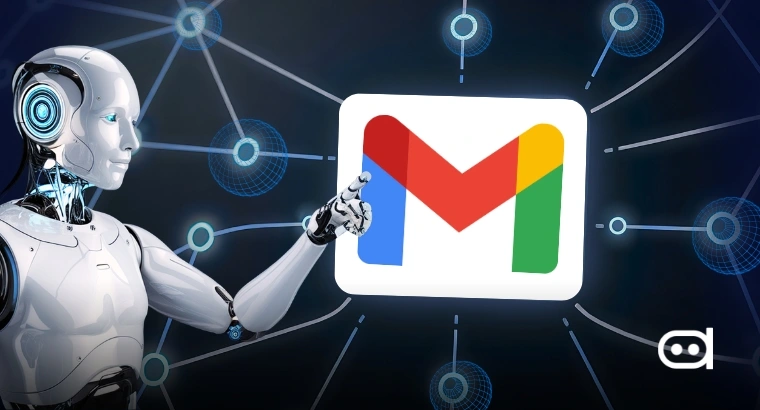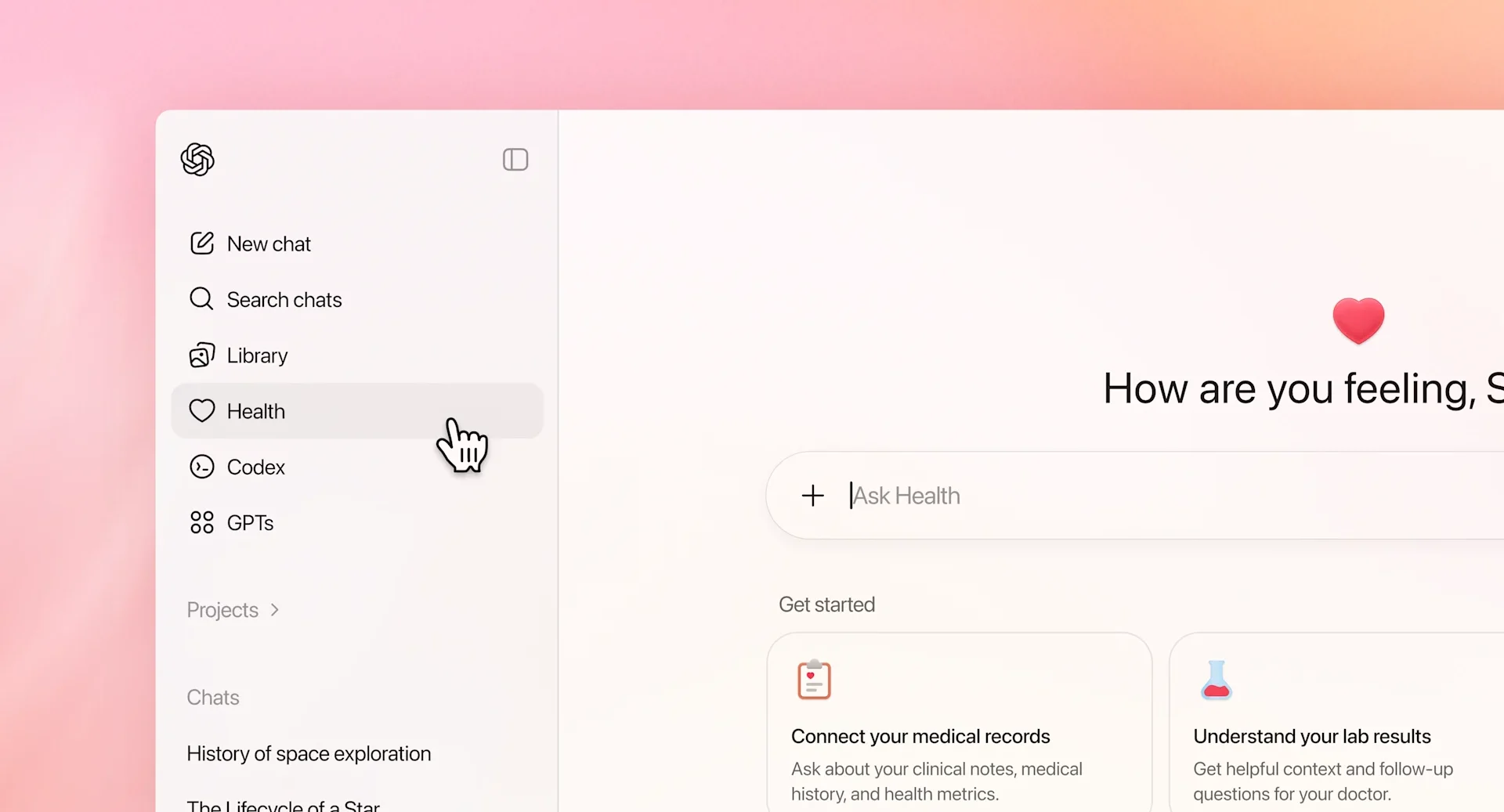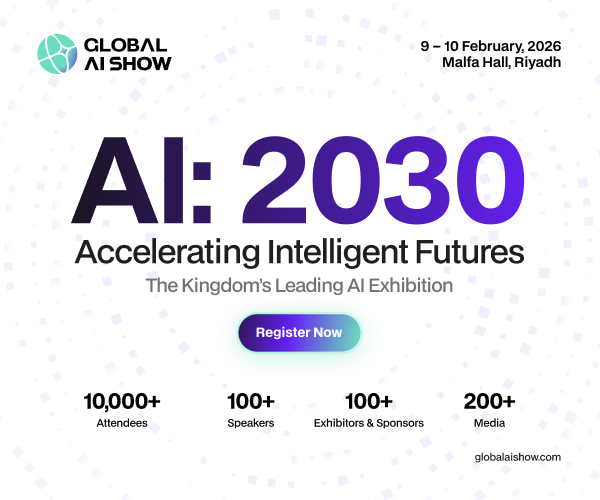
The implementation of AI across different sectors of the world is imminent. One that is gaining popularity at the moment is the medical field – this pertains to the research and development of drugs by pharma companies. Research and development for a single drug can cost between $30 million and $300 million.
Generative AI is expected to save time and enhance efficiency by exploring ways of drug development that will either take humans to explore or that they have never thought about exploring.
How Generative AI Is Reshaping Drug Discovery
The first breakthrough was noted in 2021 when Google’s DeepMind developed AlphaFold, a novel protein. Many experts in the field called it the AlphaFold moment, which ultimately paved the way for other players to get on board and test their limits.
A simple way to explain the implementation of generative AI in the medical field is by comparing it to ChatGPT. This is based on the fundamental principles and not necessarily on backend operations. ChatGPT has been crafted by inculcating data from a large number of sources. It fetches results to users after reviewing the entire set in a couple of seconds. That is what generative AI is expected to do for the medical field.
The broader implementation is likely to cover several activities in a short time. This includes experimenting, gathering data, analyzing findings, and redesigning models based on the findings. This will lower the time it takes for R&D to get their results and reshape the models. Simultaneously, the implementation is poised to enhance the success rate by delivering accurate, or closer to accurate, results.
Experts at Nvidia and Lilly have backed generative AI in the medical field. They have highlighted that it is the key to developing new drugs that humans could not think about. Executives from Lilly interacted with the media saying that generative AI spurs even more creativity, adding that it opens pathways in medicine development that humans may not have otherwise explored.
Executives from Nvidia talked about DeepMind by Google. They said that AlphaFold was pivotal in knowing that they could train transformer models with a large set of data and go from one endpoint to another seamlessly.
Generative AI in medicine is assisting biology and chemistry to converge better. The tool helps to simulate a particular behavior and helps predict how the combination might work and interact after development. This is a, experts stated, radical departure from the classical empirical method, which has been in existence for a long time.
AI-backers are confident about the implementation of generative AI in the field of medicine. They believe that drug discovery and development progress should massively go up, adding that generative AI can further be utilized to open new targets.
Moving forward, the focus could be on getting a generative AI model that is easier for experts in the medical field to use. Also, it remains to be seen how well it opens up the minds of R&D experts.











